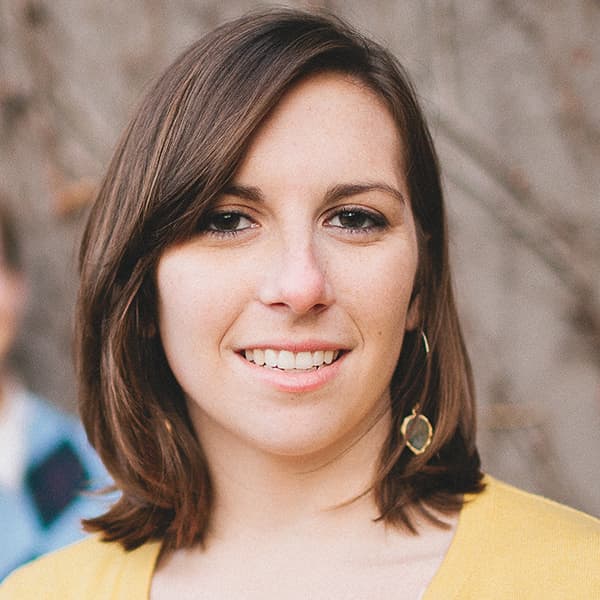Advertisement
Expert: Treat Violence As A Public Health Issue
Many questions remain in the wake of the shooting last Friday at Sandy Hook Elementary School in Newtown, Conn. Among them: What drives someone to commit such a horrific act of violence?
New York University psychiatry professor Dr. James Gilligan, who has studied violence for decades and used to direct mental health services for the Massachusetts prison system, says most people who murder or harm others feel a tremendous sense of humiliation and shame, as well as a sense that they or numb or dead inside.
"They could identify often the period in their life when they felt they had died. And it was a time when they just felt overwhelmingly shamed and humiliated," Gilligan said. "Sometimes the straw that broke the camel's back would be a rejection from a school or a girlfriend or whatever, but some blow to self-esteem. Sometimes just being fired from a job, something that made them feel inadequate, or a failure."
Just about every person experiences some form of rejection or disappointment in his or her life, but people who commit violent acts have other conditions that make them predisposed towards violence.
"One is if the person feels they lack sufficient non-violent means of restoring their self-esteem, that they've tried and tried and they feel they've just failed and there's nothing remaining for them," Gilligan said.
"They can't love others or themselves," he added. "All they can do is go to war against the world that they may feel has humiliated them and try to rescue some last gasp of self-esteem."
The best way to treat people who have these preconditions and might commit violent acts is to build up their self-esteem, Gilligan says.
The real solution however, Gilligan says, is treating violence as a public health issue or as part of preventive medicine.
"In preventive medicine, we learned 150 years ago that cleaning up the water supply and the sewer system was much more effective in preventing epidemics of cholera and other infectious diseases than all the doctors and medicines and hospitals in the world just dealing with people one individual at a time.
"And I say here too, rather than focusing on primarily, say, trying to identify which individuals are maybe most at risk of becoming violent, the more efficient method of reducing the level of violence in our society would be to look at our environment and change it," Gilligan said.
Advertisement
It's no easy task. Gilligan said a first step for him would be to ban assault weapons and large capacity magazines. But he said the bigger picture is to tackle socioeconomic issues.
"We do have epidemics of violence when the unemployment rate increases, when economic inequality increases ... And these tend to come down when we either ameliorate the effects of unemployment — for example, unemployment insurance — or find ways to protect people from utter humiliation and loss of status," he said.
He went even further, saying that society as a whole needed to adopt a perspective "that we will not abandon or neglect or ignore anyone, that we will regard ourselves as responsible for the welfare of everybody."
"I realize this sounds like pie in the sky ... But I think it is possible to create a less aggressive and less violent society," Gilligan said. "It's just that it's a matter of generations. It's not something that happens overnight."
This program aired on December 19, 2012.

